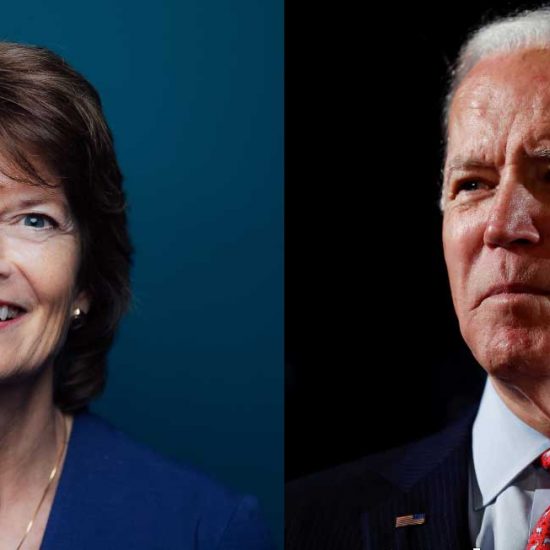After years of being flush with oil money, Alaska now faces drastic budget cuts and having to dip into well-stocked savings to offset unprecedented deficits exacerbated by an unexpected plunge in oil prices.
When lawmakers left Juneau last April, the price of North Slope crude, Alaska’s economic lifeblood, was $107 a barrel. On the eve of a new legislative session, starting Tuesday, the price had dropped by more than half.
The new governor, Republican-turned-independent Bill Walker, is among those calling for a look at revenues along with budget cuts, but that could involve ideas that no one who dreams of reelection is eager to take up.
Among those ideas are instituting a personal income or sales tax, or tapping Alaska’s oil wealth fund, which provides nearly every Alaskan with a yearly check just for living in the state.
“The numbers just don’t allow you to cut your way out of this, not without some severe impacts on the economy,” said David Teal, director of Alaska’s Legislative Finance Division. This year’s budget deficit alone, estimated at $3.5 billion, is bigger than the entire state general fund budget in 2006, Teal said.
Gunnar Knapp, director of the Institute of Social and Economic Research at the University of Alaska at Anchorage, said lawmakers don’t have to drastically cut spending this year or raise new revenue. But Knapp said the longer it takes for them and Walker to make decisions, the faster they will burn through savings.
Democratic Sen. Bill Wielechowski of Anchorage has proposed putting the earnings reserve account off-limits to lawmakers by protecting it in the constitution. The account had $7.5 billion at the end of November.
Walker has said Alaska this year stands to pay out about $100 million more in oil and gas credits than the production tax brings in. He hasn’t proposed an alternative, but some Republican and Democratic lawmakers support looking at the credit issue.
Many in the GOP-controlled legislature are looking to a proposed major liquefied-natural-gas project as the state’s next-best hope for any significant new revenue. That project is years away from production, if it gets built, and the state would have to invest potentially billions of dollars to reach that point.
Incoming Senate President Kevin Meyer (R) wants to reduce spending and cut any fat from the budget before getting into ways to generate more revenue. He and other lawmakers are clear about the repercussions: It’s going to hurt.
See Full Story at WashingtonPost.com
image credit Al Grillo AP











